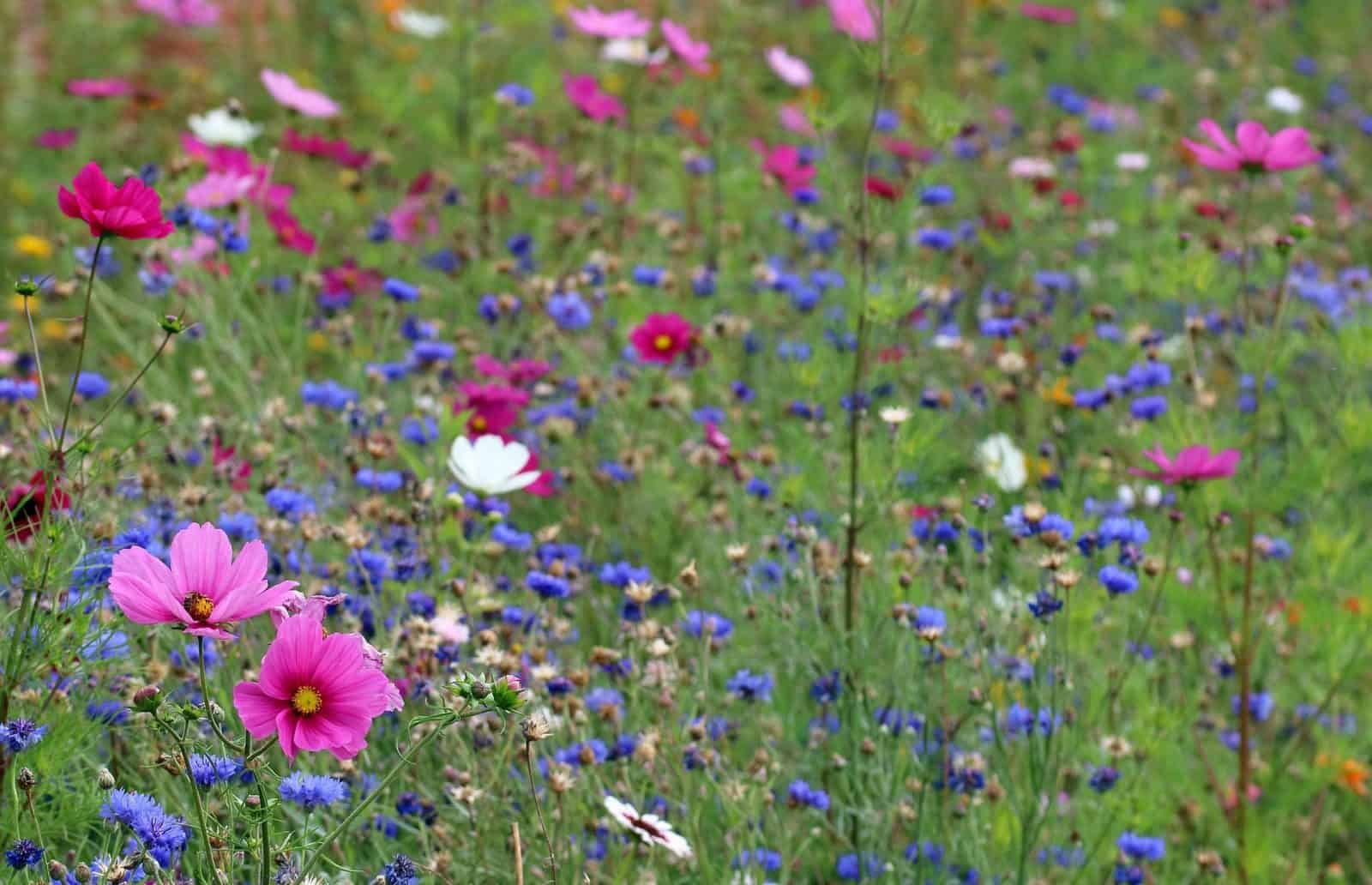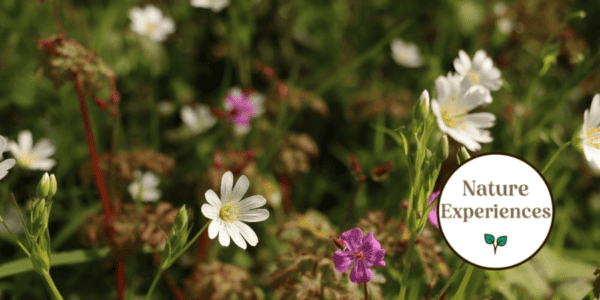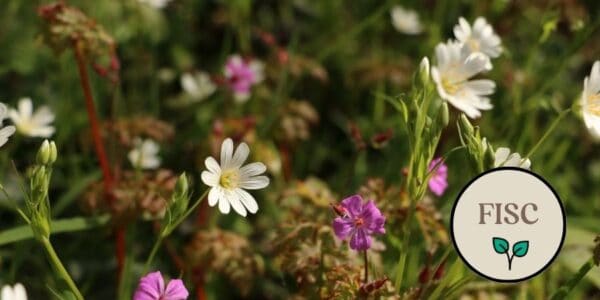This beginner’s course will introduce you to using a key to identify flowering plants with confidence.
The course will combine the identification of species on sites local to your learning location and learning the associated vocabulary, with time spent in the classroom as well as out in the field putting your learnings into practice in the presence of your expert tutor.
This course will include:
- An introduction to using a key to identify flowering plants
- Learning the vocabulary required
- Building confidence towards independent identification using keys
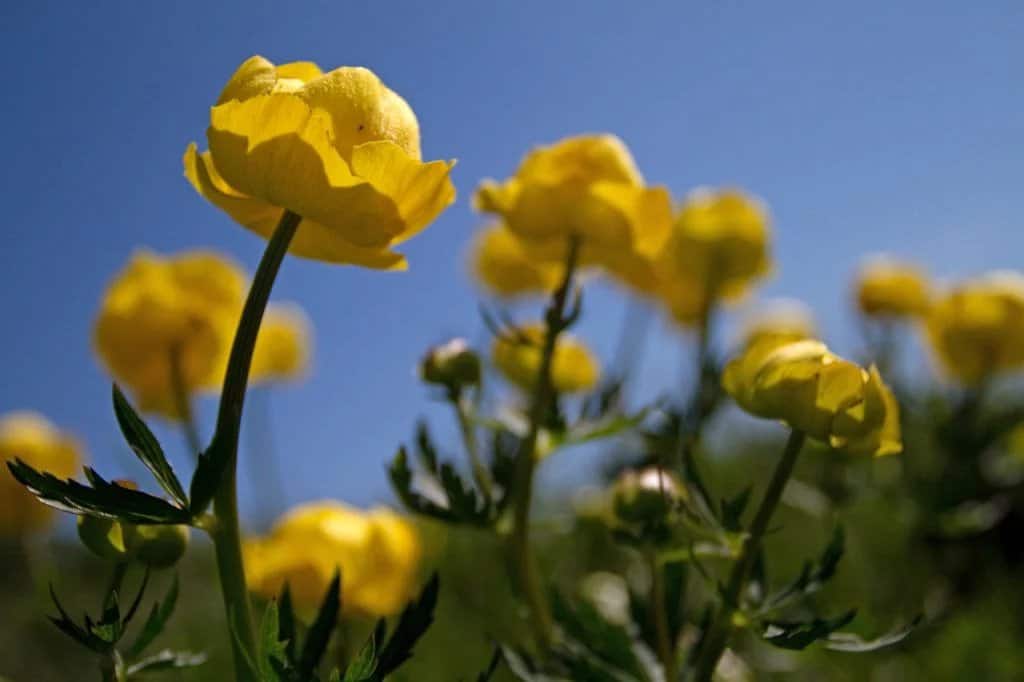
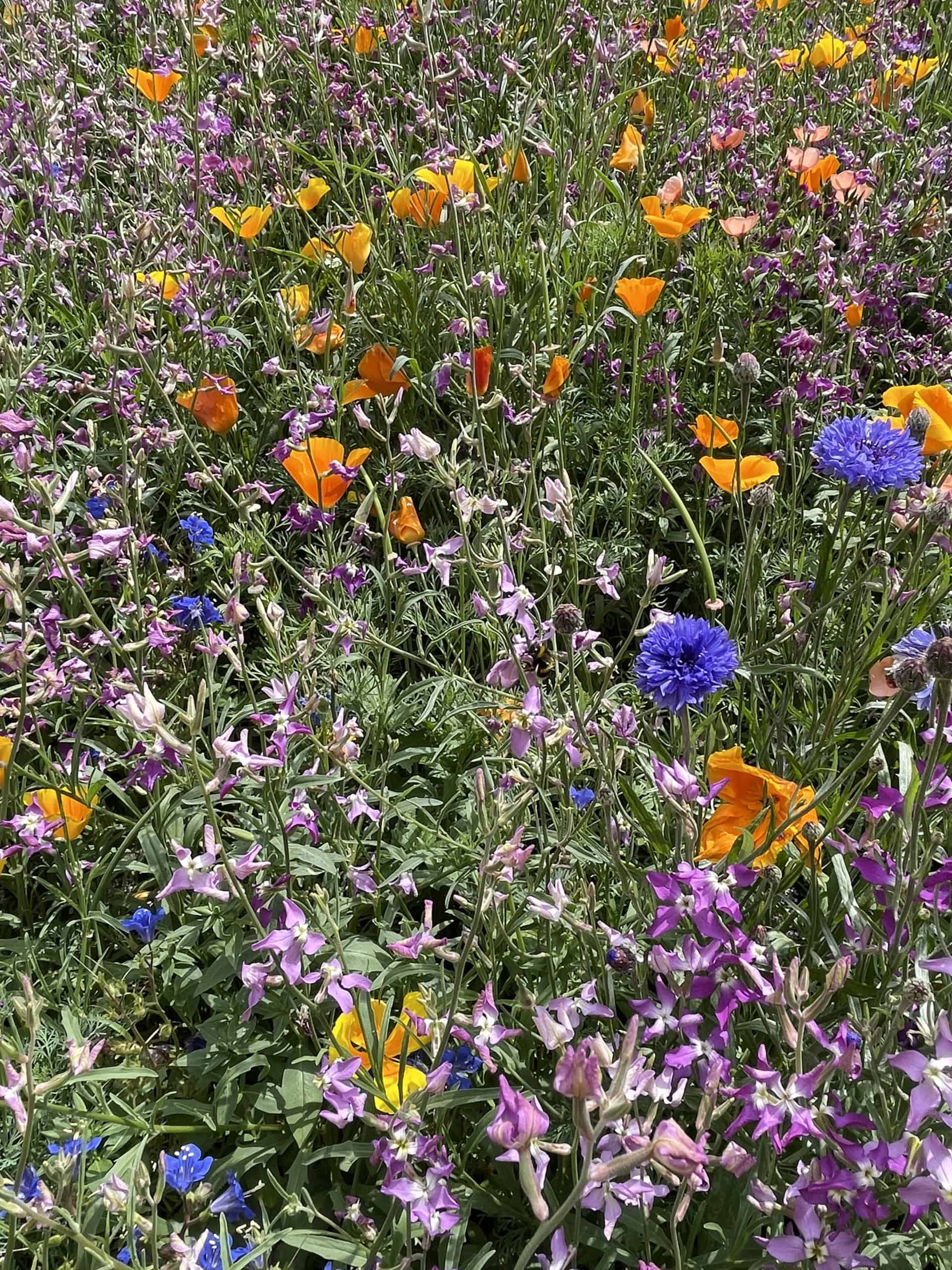
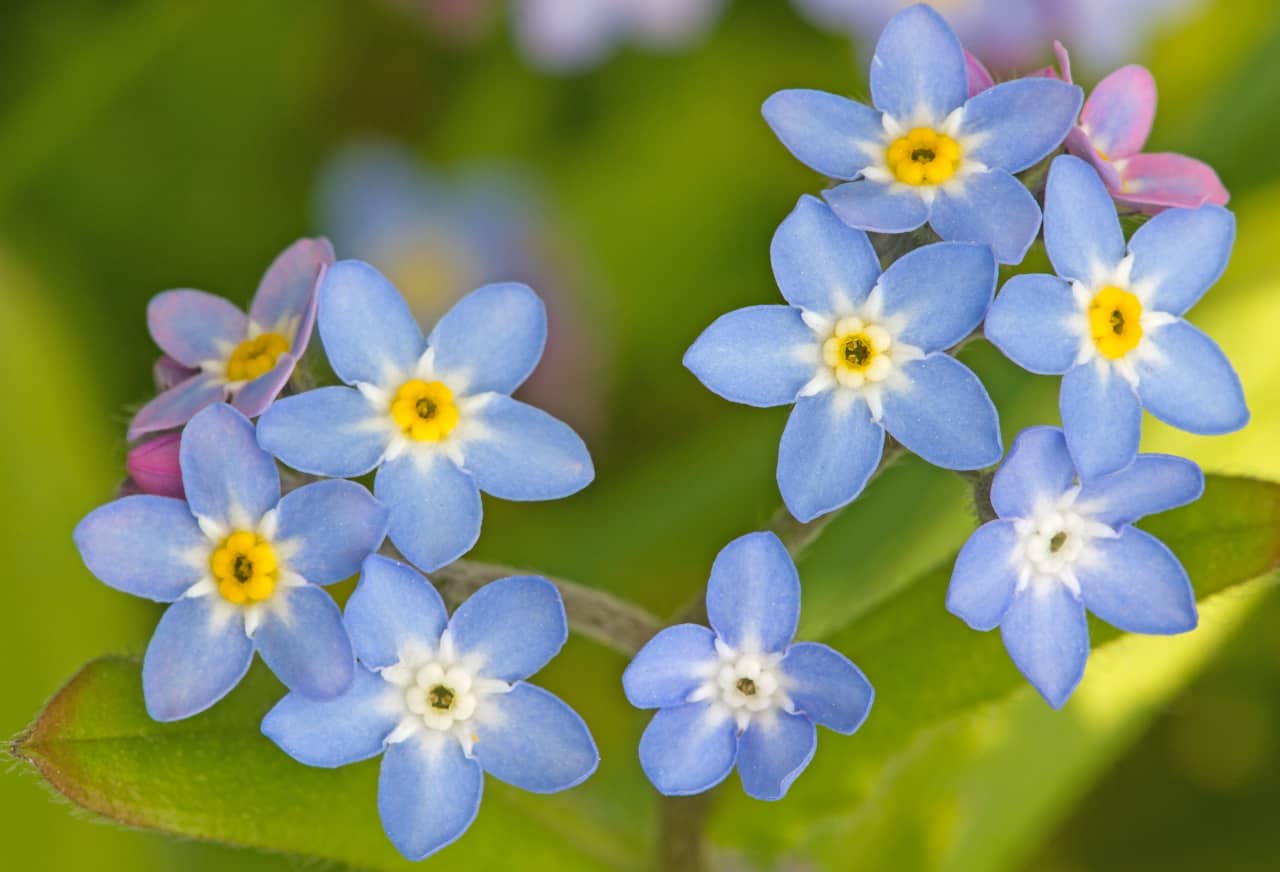
Read More
Whilst picture matching can help to identify some species, there are some where there are too many similar plants to be confident about identification. This course introduces how to use a key so that by answering a sequence of questions, you can reveal the identity of the plants you are looking at! The course will also introduce the associated vocabulary needed to use keys in identification, and encourage you to identify species for yourself with the guidance of your expert tutor.
By the end of the course, you will be able to:
- Use a key for successful identification
- Display confidence when identifying flowering plants
- Use the terminology associated with identification keys
Who should attend? – This course is targeted at anyone who is interested in learning more about this area of natural history.
Knowledge level – Beginner. Level descriptors can be found on the following web-page: Framework and Course Level Descriptors
Prior knowledge – No prior knowledge will be assumed; participants with at least some prior knowledge may find it a little easier to build on their existing learning, but it isn’t necessary.
PLEASE NOTE: There is no accommodation, refreshments, or meal facilities provided with this course. If we are unable to reach viable numbers for this course, we will inform you of the course cancellation 4-5 weeks prior to the course run. We would recommend when purchasing accommodation and/or travel you should take out your own insurance.
Bookings will close if course capacity is reached.
Please email [email protected] if you have any questions.
About the Tutor
Sally Peacock
Sally has a longstanding love of the outdoors and of the living things within it, especially our wealth of plant life.
Example Timetable
Example Timetable
This timetable is subject to change but should give a clear outline of what to expect.
- Please arrive in time for the course to start promptly at 10:00 am
- The course will end at 5:00 pm
Morning - The day will begin in the classroom covering:
- Vocabulary of plant identification
- How keys work
- Practicing on material brought in
Afternoon - Venturing outside to put the ideas and learning from the morning into practice!
What's Included
The course has been carefully created by expert tutors and educators to help you continue to build and develop your knowledge and apply it within the field surrounded by like-minded individuals.
The course includes:
- Classroom learning covering the theory of the species
- Field excursions to apply new knowledge
- Expert tuition for which the Field Studies Council is renowned
- Clear objectives and progression
You can rest assured that the absolute best content from an expert in environmental education will be provided. In choosing a Field Studies Council course, you will be joining thousands of people who learn with us each year.
Bursaries and Subsidies
Student Discount
This course is eligible for a student discount. If you are a current student, please use discount code BioStudent20 at checkout for 20% off all Biodiversity courses.
Natural History Bursaries
There are a number of natural history bursaries available to help with the cost of your course. To find out if you and your chosen course are eligible, read more here.
Before You Attend
What to Bring:
- Notebook and pencil
- Lunch and refreshments
- Sensible footwear and clothing for being outdoors
- Small bag to carry personal items
- Your own field guides (if you have them)
- Hand lens (advised)
- Rose and O’Reilly’s Wild Flower Key (edition 2) (advised)
There will be a member of staff with first aid training and access to a first aid kit on site. If you have special medical or access requirements, please let us know as soon as possible so we can plan the course.
Opportunities to attend this course
This course is not currently available to book. Dates will follow soon.
Sign up to our Email Newsletter
Progress Your Learning
This is a training course from the Field Studies Council, delivered by expert tutors with an approachable learning style. After attending this course, you may like to progress your learning with further relevant courses or branch out into other areas of natural history. The Field Studies Council offers both online and in person courses, so you can choose the learning style that suits you best. The course gives you the opportunity to immerse yourself in a new subject and acquire novel skills. Our online portal gives you time to study at your own pace and fit the lessons around your own schedule.
If you have any questions about our courses please check out our Frequently Asked Questions or email [email protected].
Group Bookings Made Easy
If you have a group of 10 or more individuals wanting to complete one of our courses, our team are available to discuss your options – from discounts to private team courses. Find out more!
You can rest assured that the absolute best content from an expert in environmental education will be at your fingertips. In choosing a Field Studies Council course, you will be joining thousands of people who learn with us each year.

